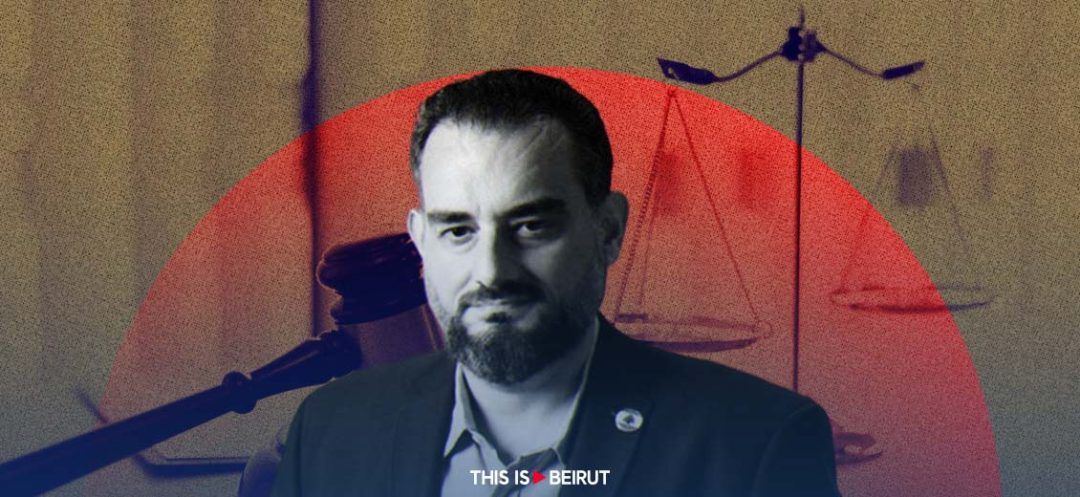
During the disastrous days of Syrian occupation, a French journalist in Beirut rightly noted that the Assad regime couldn't bring the Lebanese press to kneel or shake its unwavering commitment to freedom of expression. After the deployment of Syrian forces in June 1976 and following the election of late Elias Sarkis as president, the Damascus regime attempted, as an introduction to its Anschluss, or "annexation plans," to impose prior censorship on local newspapers. However, this attempt proved short-lived, akin to the fleeting bloom of roses… And rightfully so: Lebanese people of all tendencies, irrespective of their political affiliations, swiftly rejected this encroachment on freedom of opinion.
Since the beginning of the Lebanese war—and even before in some cases—various leaders who have held power, with a few exceptions, have unleashed, through security services, repeated “assaults” against journalists, intellectuals and academics whose ideas were not in conformity with the orientations of the existing regimes. The most recent episode in this regard occurred just a few days ago with the legal actions taken against Makram Rabah, a professor at the American University of Beirut (AUB), for his acerbic criticisms of Hezbollah.
Recognized for his particularly audacious stances, Rabah, backed by flawless arguments, doesn't beat around the bush in stigmatizing the pro-Iranian faction’s course of action. His outspokenness in this regard undoubtedly displeased the security officials who operate within the realm of the Shiite party. The university professor was deemed “troublesome,” especially since the position he defends clearly aligns with the viewpoint of an overwhelming majority of Lebanese people, regardless of their communal affiliations.
In this regard, Rabah cannot be labeled as a “right-wing Christian, isolationist, supporter of the Lebanese Forces (LF) or the Kataeb.” That’s exactly what displeases Hezbollah’s upper echelons, since the case of Makram Rabah holds national significance for two reasons. It first affirms that no matter the tyrant, local or foreign, attempting to suppress freedom of expression in Lebanon, they will inevitably meet a dead end, confronted by unwavering determination—and notably, one that transcends communal boundaries.
The significant phases of Lebanon's history, both ancient and contemporary, particularly the recent period marred by successive occupations—first Palestinian, then Syrian and currently Iranian through Hezbollah—have demonstrated on multiple occasions the deep-seated attachment of the Lebanese people to freedom, ingrained in their very “DNA.” And every time, repeated attempts at repression have missed the mark. However, in some exceptional cases, the hardline proponents of repression resort to political assassination...
Through his audacious sovereigntist stances, uncompromising and without reservation, Makram Rabah further exemplifies, via his enlightened testimony, a cross-communal Libanism—a Lebanese sensibility that draws its source from the Cedar Revolution of spring 2005. A Libanism that is not necessarily fusional, one that does not exclude—and should not exclude—pluralism, a cornerstone of Lebanon's socio-communal reality for centuries.
A reality that proves it is possible—excluding extreme cases like Hezbollah—to share a national “common ground” based on human rights, fundamental freedoms, humanistic values and a commitment to the sovereigntist option, all without negating or rejecting the cultural specificities and societal traditions inherent to each religious community in the country.
Such diversity could be a source of richness within the framework of a Libanist union... It is undoubtedly high time, in this regard, to regulate this pluralism by forging a new social pact and political system capable of managing, on rational and sustainable grounds, the occasionally conflicting positions of all parties involved...
Read more




Comments